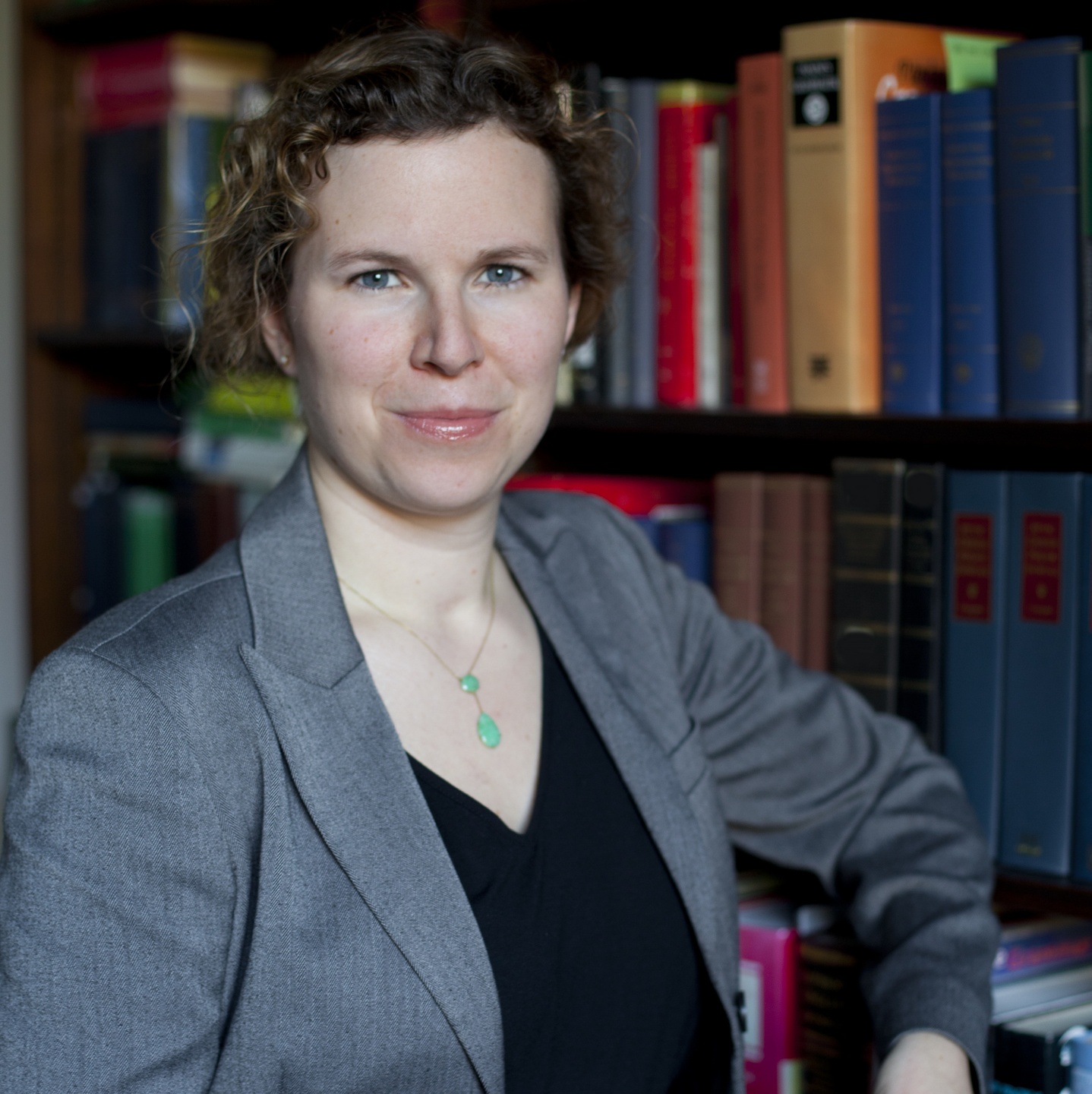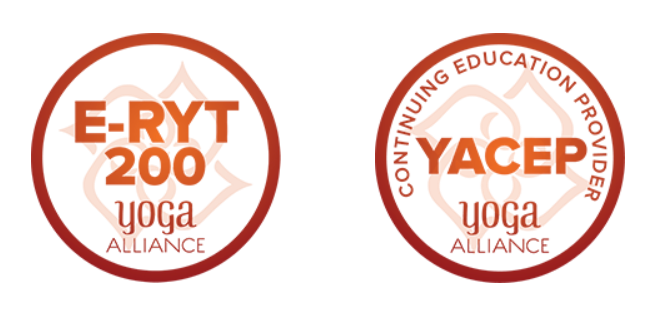
Course Description
Imagine you are someone who has annoyed their boss, has been told to go far away for an entire year, and now you really miss your sweetheart back home. When you see a cloud up above, going to where home is, wouldn’t you ask it to pass on a message to your beloved? Maybe you’d even imagine all the wonderful things the cloud sees on its way, going to all the places you cannot? This is the premise of Kālidāsa’s poem Meghadūta, or Cloud Messenger, whose first half we will be reading in this course.
Kālidāsa, who lived around 1,500 years ago, is one of the early masters—and many say: the master—of kāvya. Kāvya is a traditional literary term for what is often translated into English as ‘poetry’ or ‘court poetry’—and indeed, as a vṛddhi derivative of kavi—‘poet’, that is quite literally what it means. Yet while all poetic language aims to not just convey contents, but to do so in appealing form, Kāvya language often does this in a way so intricate and elegant that a translation into English forces the translator to decide: do they give precedence to rendering the contents, or the form? Thus often the only way to truly appreciate Kāvya, to see how an author interlaces form and function, is to read it in the Sanskrit original. This is what we will be doing in this course.
SKT 307 has several goals: It aims to let you further improve your Sanskrit by reading a good amount of text. It aims at you all feeling pleasantly challenged, but never overwhelmed, even though, yes, this beautiful text is difficult to read. And finally, it wants to let you appreciate what makes Kāvya kāvya, and dwell on and truly enjoy the many ways in which Kālidāsa shows his mastery as a poet.
The course will be taught such that anyone who has about two years of Sanskrit, either with Yogic Studies or from elsewhere, can appreciate and benefit from it.

Course Preview
The Text
We will be using the edition by M. R. Kale that contains the Sanskrit text, an English translation, Mallinātha’s commentary and copious notes on each verse. (There are various Meghadūta editions by Kale; this one is published by Motilal Banarsidass and has the ISBN 978-81-208-0420-3)
In the first class, we will discuss translation strategies that will let you profit from each session, no matter how much or how little time you may be able to spend preparing. In this first class, you will also be introduced to some simple and useful ways to let Mallinātha’s commentary help you.
For the remainder of the course, we will aim to read four verses (= 16 lines) per class, which will take us right through the end of the Pūrvamegha, the first part of the poem. After seeing 66 times how a Kālidāsan stanza can be approached, analysed, understood and appreciated, you will then be able to read these beautiful little nuggets on your own (that is: without any instructor’s help; you will still have all of Kale’s information to guide you).

Course Structure
- 18 Live Class Sessions (90 min each)
- Mondays @ 12-1:30pm Pacific (California)
- Wednesdays @ 10-11:30am Pacific (California)
- All live sessions will take place via Zoom and will be recorded for later viewing.
Students Will Receive:
- 18 live class sessions (90 min each)
- 5 ACP Credits
- 27 Hours of CE credit with YA
- Yogic Studies Certificate (PDF)
- Access to the private Community Forum
Dr. Antonia M. Ruppel
Lecturer in Sanskrit
Antonia Ruppel is a Classicist by training who came to Sanskrit through a series of fortunate accidents. She learnt the language as an autodidact, and one of her reasons for writing her textbook, The Cambridge Introduction to Sanskrit (2017), was to make the experience of studying Sanskrit easier and more pleasant for others. She has recently published the followup volume, An Introductory Sanskrit Reader: Improving Reading Fluency (2021), designed to help students gain reading fluency in an enjoyable and straightforward way.
Language pedagogy is at the heart of her life. She has been teaching Sanskrit for 15 years at universities such as Cornell, Oxford and now the LMU in Munich, Germany, as well as offering courses in variety of formats online.
Listen to our interview with Dr. Ruppel on the Yogic Studies Podcast.

Course Begins Soon
SKT 307 begins May 6th!
00
DAYS
00
HOURS
00
MINS
00
SECS
This course is eligible for 27 hours of Continued Education (CE) credits with Yoga Alliance

Stay Informed
Sign up for the Yogic Studies mailing list to find out first about upcoming courses, podcast episodes, promotions, events, and the latest research delivered straight to your inbox.

